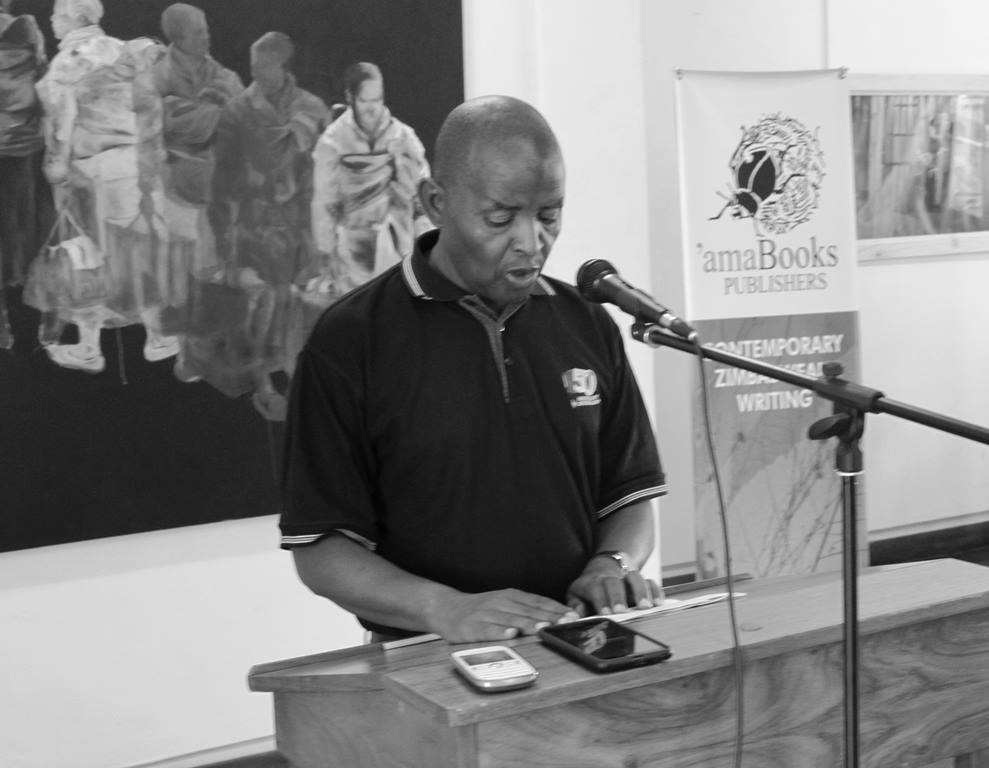On Ideas And Stuff
The following article was written by Tendai Huchu.
from: www.culturefund.org.zw
Where do your ideas come from? There isn’t a writer who hasn’t been hit by this question at one literary event or the other. This month I published The Worshipful Company of Milliners, a speculative fiction story in Interzone, Britain’s oldest SF magazine. The story is about writers’ ideas, which are represented as hats made by magical milliners in an old brick factory in Southerton. The milliners are there in lieu of the muses who’ve long since abandoned that particular form.
I’m no closer to figuring out where ideas come from (somewhere in the neocortex?), but the exploration of one idea often leads to other ideas. Sort of a variation on the law of accelerating returns: the more I write, the more ideas I have, and so on, easily plottable on an exponential graph. After my first novel The Hairdresser of Harare was published, I was surprised by many requests for a sequel from well-meaning readers. The book has an open ending, but that ending represents the author going of stage and leaving the space for the reader – who is, after all, co-creator of the work – to add their twist, their imagination to the story. A German school once sent me a dozen or so alternate endings that their students had come up with for the story. The idea that there is one definitive version of a narrative is, historically, a new concept, so, given our strong oral tradition, the invitation to go beyond the text is one the Zimbabwean reader should embrace.
Fast forward to 2015 and my new novel The Maestro, The Magistrate & The Mathematician has been published by amaBooks with the backing of The Culture Fund. I’ve grown, I’ve changed, become interested in different things; the story is different, perhaps a little more complex. Most writers cannot be static, like sharks they must keep on swimming forever or die where they stand. The movement is found in experimentation, constant exploration of different forms and possibilities. This change means losing some readers, not everyone who was with you for the last text will be there for the next, and gaining a new audience.
At the moment I’m doing a bit of work in short stories in different genres. I’ve found that switching genres with their different rules and conventions often means discovering new techniques and different ways of viewing literature as an art form. But if you strip away the bullshit explanation for why I’m doing this, then you find the kid who was into the Hardy Boys, Space Operas, Greek Mythology and all sorts of weird stuff in school. I’m merely writing what I want to read.
The ideas are already there in the ether that is sometimes called the library, at other times the bookstore, even life itself. Above and beyond that, I can say nothing more that might be vaguely considered meaningful.












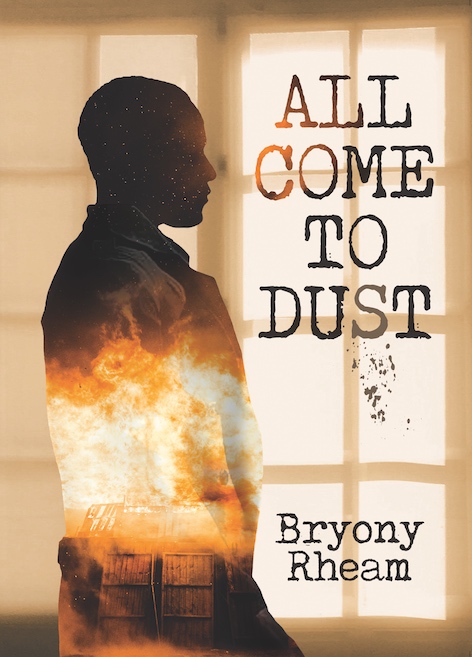
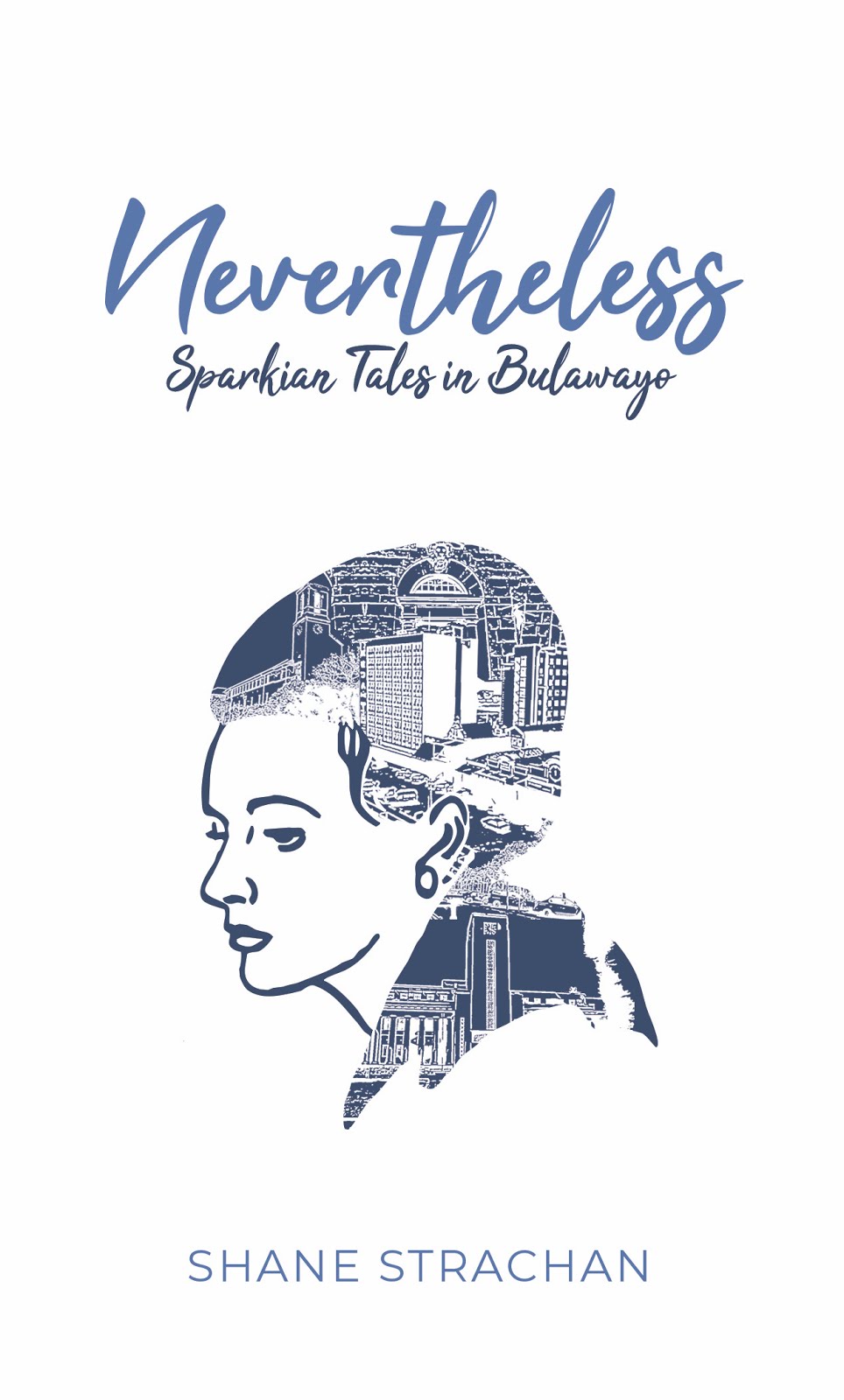





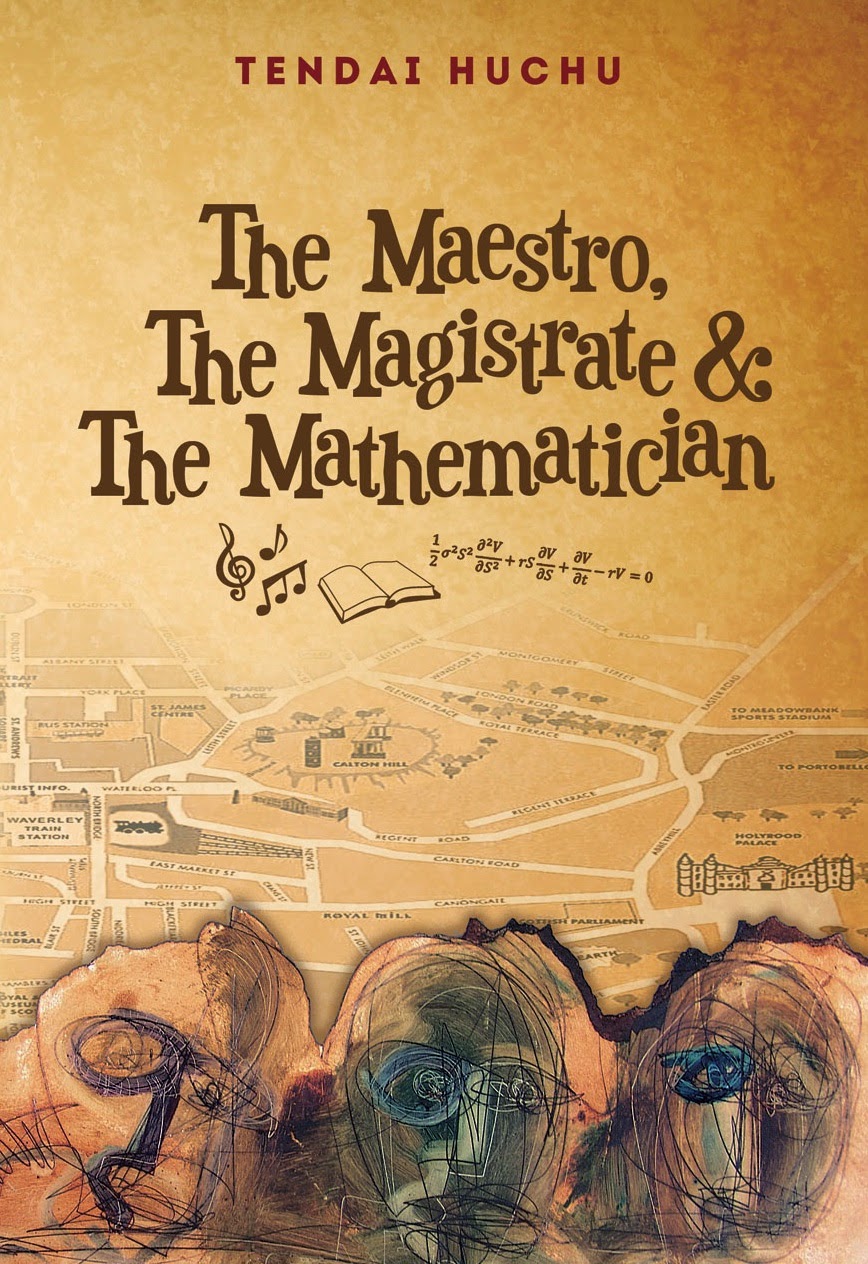
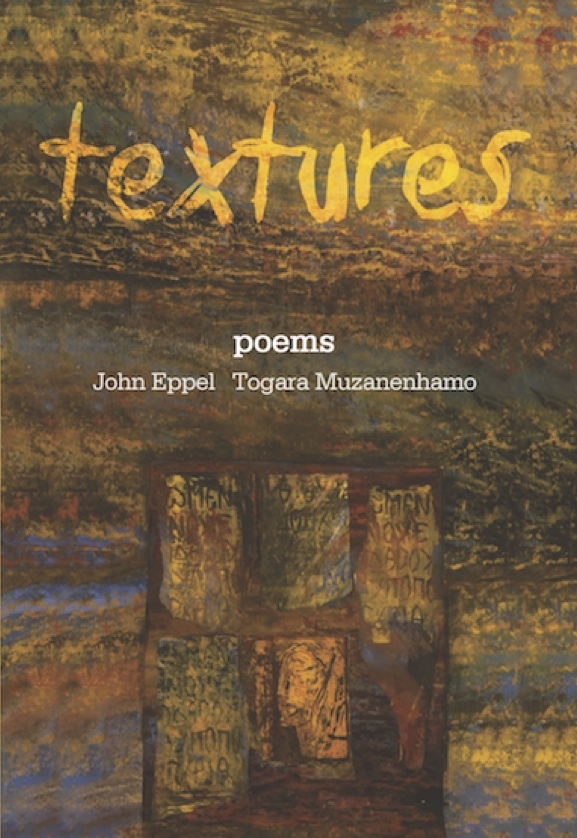
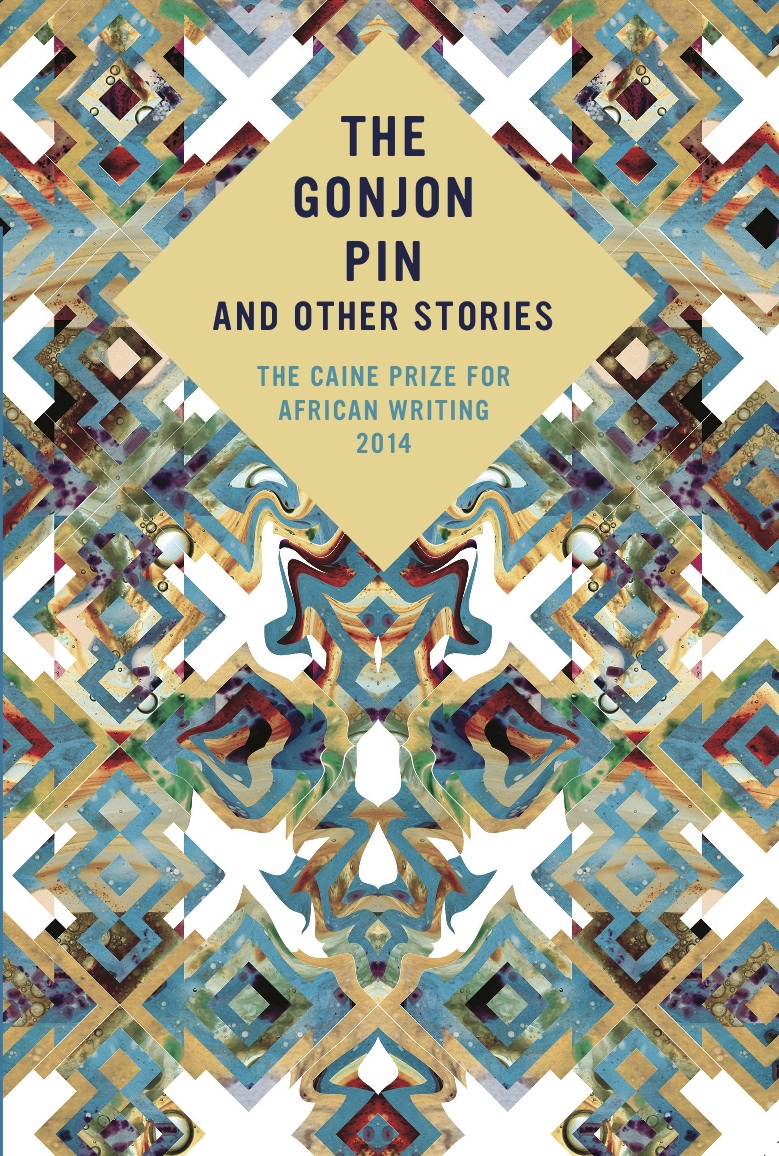
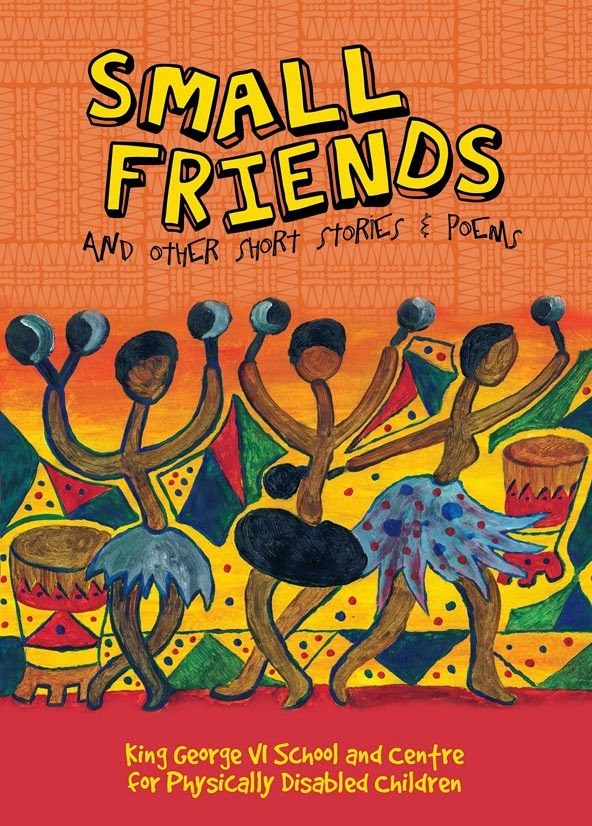
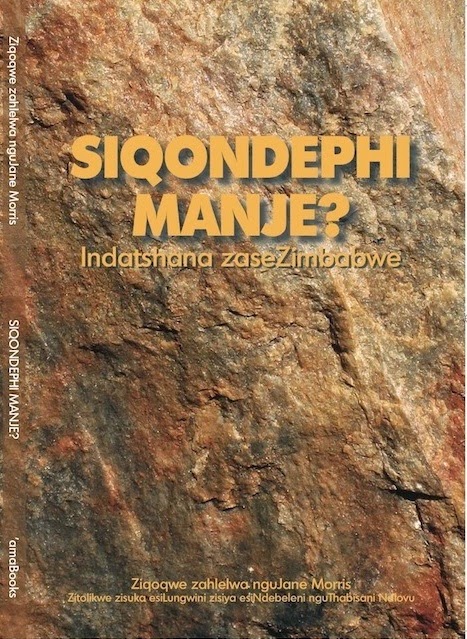
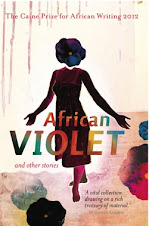

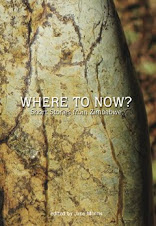
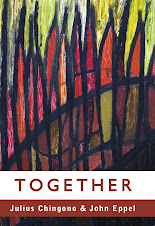
.jpg)

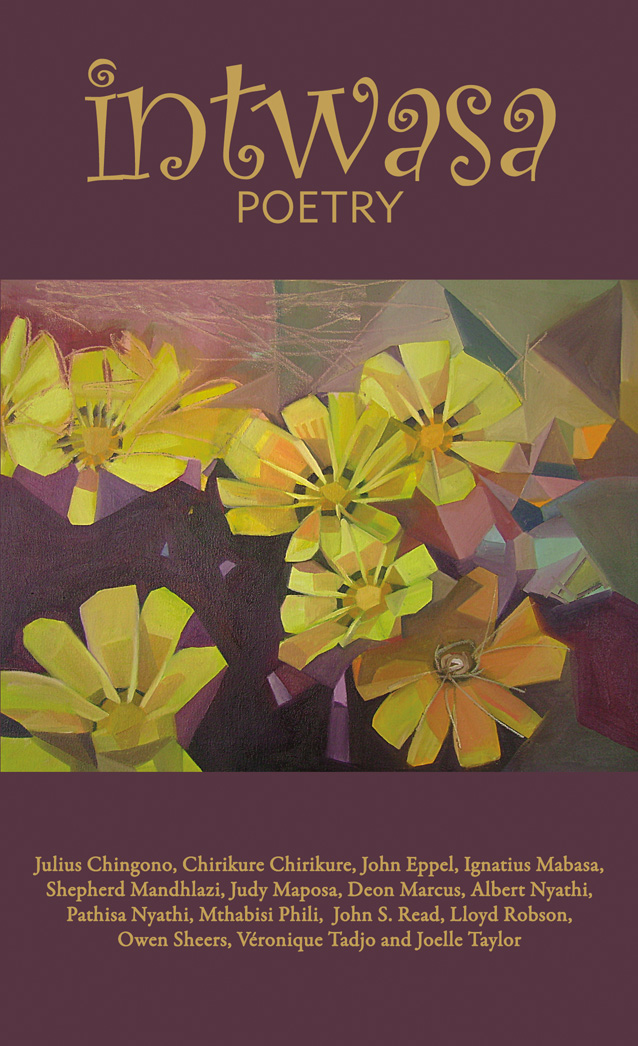


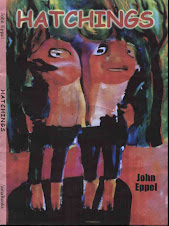













.jpg)











